Ipswich RiverFest

RiverFest is a family-friendly event celebrating the Ipswich River with activities like canoeing, fishing, live music, and educational exhibits. Enjoy food from local vendors and participate in fun games and crafts.

RiverFest is a family-friendly event celebrating the Ipswich River with activities like canoeing, fishing, live music, and educational exhibits. Enjoy food from local vendors and participate in fun games and crafts.
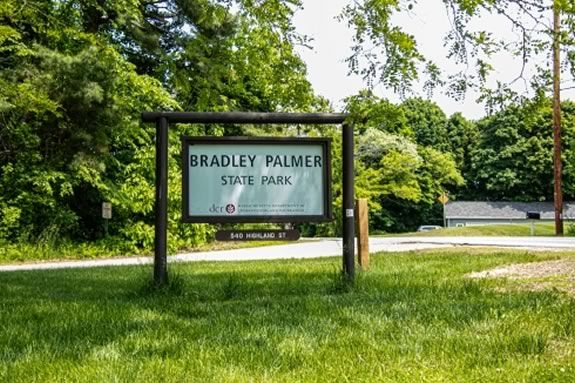
Explore the Nature Center at your leisure. The Park Interpreter will be on hand to demonstrate and answer questions. Come see and touch animal furs, replica skulls, animal models, and other natural history materials. For little artists, coloring pages and washable markers will be on hand. Open rain or shine. For ages Pre-K and up. This is a great family activity.
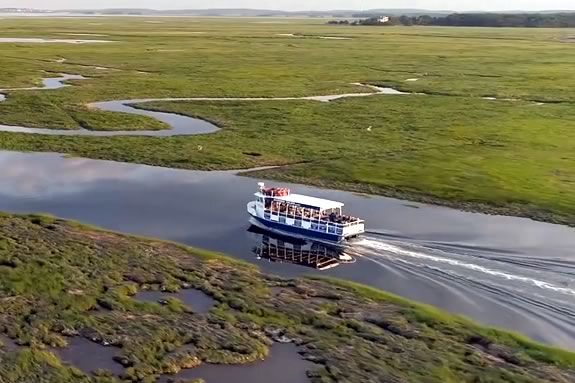
Pristine beauty, wide open space, gorgeous views, and the chance to float up and down the peaceful, winding creeks of the world's second most productive ecosystem. Learn how Plum Island and the Great Marsh were formed and how important they are. Boat tours are offered through a private outfitter. More information can be found by visiting the Yankee Clipper Harbor Tours website or by sending an email to info@harbortours.com
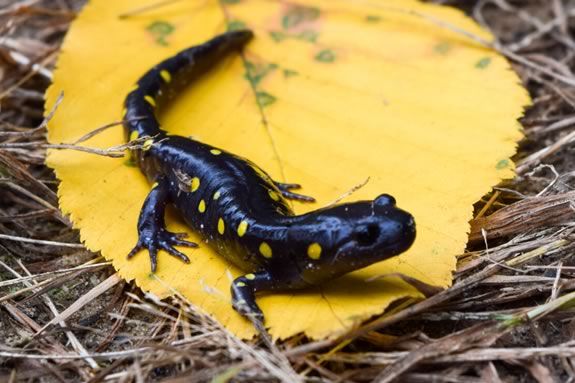
April is the month when frogs, toads, and salamanders return to wetlands and lay their eggs. We'll search the sanctuary's vernal pools, ponds, and woodlands for a variety of amphibians that are the on the move. If we're lucky, we might see Wood Frog and Spotted Salamander eggs and catch a few adults to observe up close and then release.
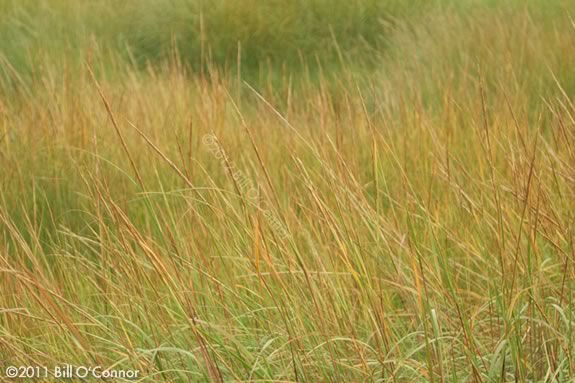
Come explore what nature has in store at some of our most amazing wild places on the north shore. Our engaging and experienced staff will introduce families to local beaches, forests, and wetlands to make observations in nature, identify wildlife, and enjoy hands on science activities outdoors. Sign up for one, some, or all! For kids 4-11.
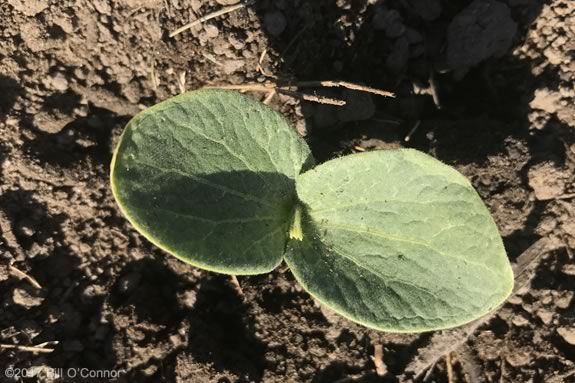
Come to the museum to join volunteers from Newhall Fields for a very special planting program. Kids will get a chance to plant seeds, learn more about the anatomy of seeds and plants, color, and dress up. This program is drop in from 1-3PM, and included with your admission to the 12-2PM or 2-4PM play session.

Join in on Sundays at 2:30 for STEAM Club for ages 5-11. May’s theme is Farms, and each week participants will explore science and arts through hands-on projects and experiments. This program is free with admission to the 2-4PM play session. You can purchase tickets and sign up for STEAM club online or in person while supplies last. Tickets
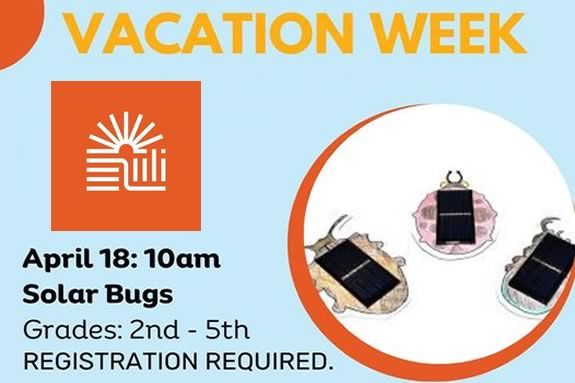
Come by the side lawn of the Library to create a solar powered bug! Find out why bugs are attracted to light and how solar energy works to move your bug! Registration is required. If the weather is bad, we will contact you as we will divide the groups up to come at different times. Made possible in part with funds from the Friends of the Amesbury Library. For kids in grades 2-5.
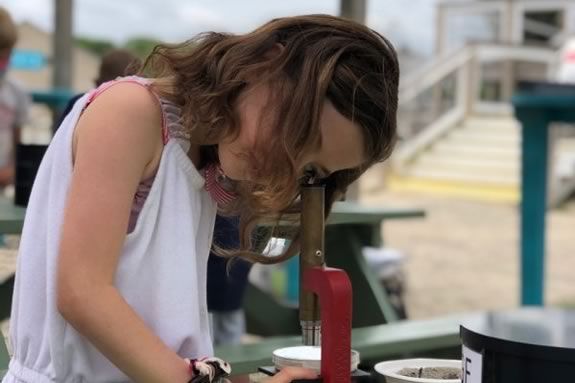
The beach is much more than just sand! In this family education program, participants will learn about the diverse habitats of the sandy beach and dunes. Learners discover shells, seaweed, plants, animal tracks, and other signs of life on the beach and in the dunes, get an up-close look at sand to explore its composition and how it formed, and use scientific tools to measure the ever-changing shape of the beach. Learn how The Trustees are managing and protecting our ever-changing coast, and how you can play a role!
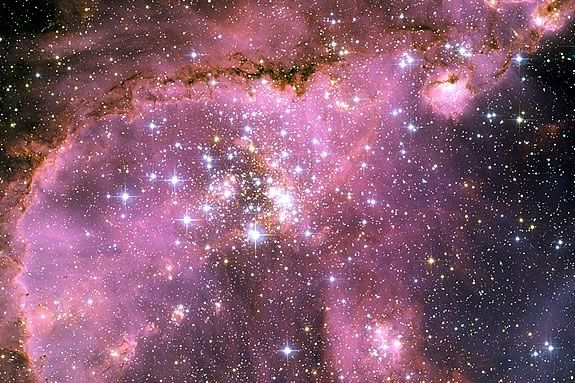
Earth's Moon: How it Came to Be and Why We Have Solar and Lunar Eclipses. In this 30 minute presentation, with North Shore Amateur Astronomy Club (NSAAC) Star Party Coordinator, Brewster LaMacchia, we'll start with a look at the event 4.5 billion years ago, referred to as the Big Splat, that led to the formation of Earth's moon. Using a variety of simple models we'll develop an intuitive understanding about the moon's orbit around Earth, moon phases, and what it takes for eclipses to happen. After the presentation we'll head outside to look through telescopes provided by volunteers from the NSAAC.